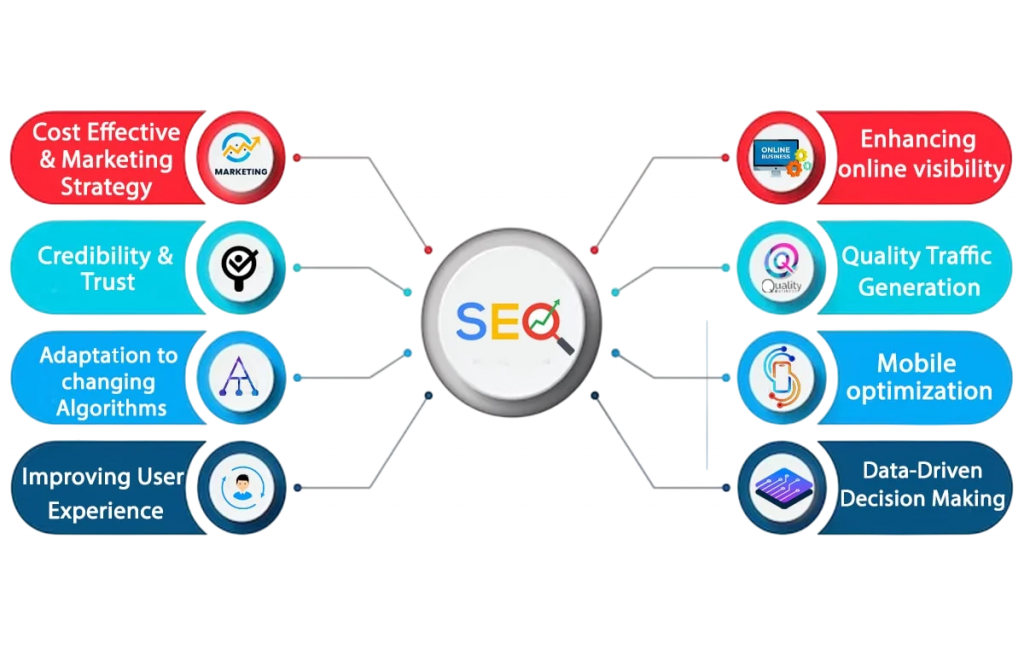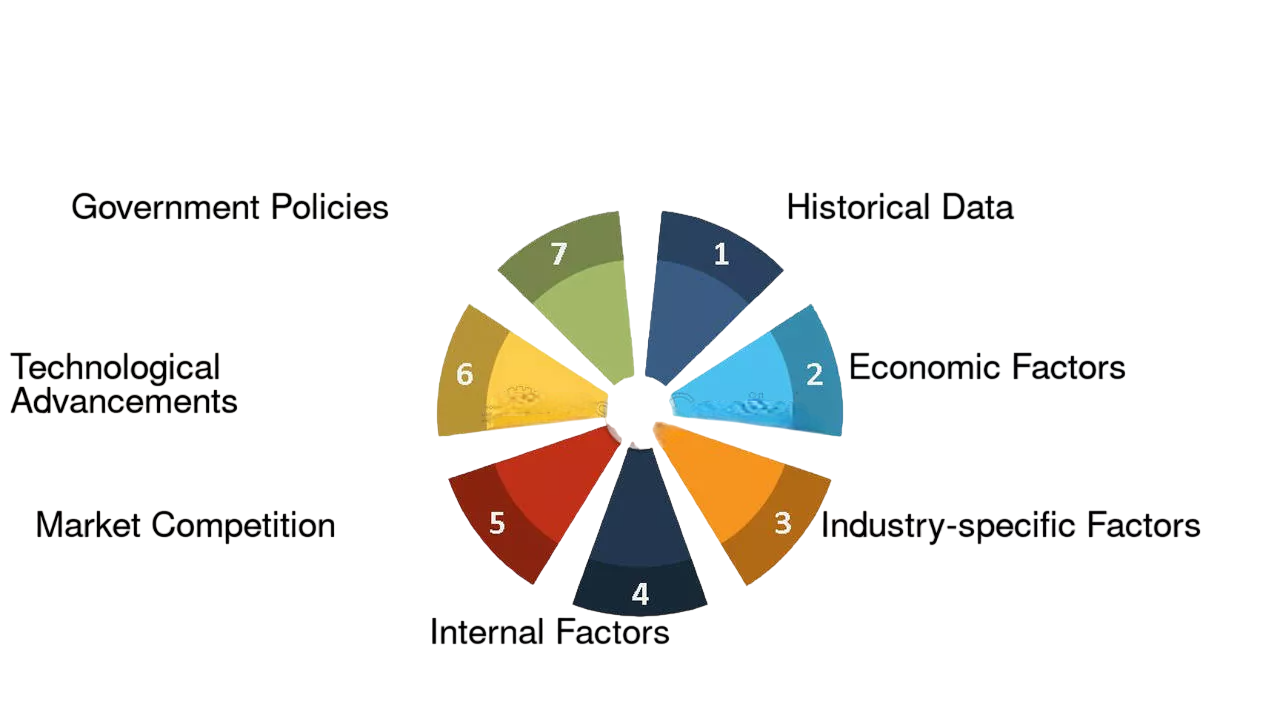
- Definition of Crawl Budget
- Importance in SEO
- How Google Allocates Crawl Budget
- Crawl Rate vs Crawl Demand
- Factors That Affect Crawl Budget
- Crawl Budget for Large Sites
- Tools to Monitor Crawling
- Crawl Errors & Fixes
- Conclusion
Definition of Crawl Budget
In the world of SEO, understanding how search engines like Google crawl your website is critical to ensuring visibility in search results. One of the most important yet often overlooked concepts is the crawl budget. Crawl budget is the number of pages Googlebot crawls and indexes on a site within a given timeframe. It’s a combination of crawl rate limit (how many pages Googlebot can crawl without overloading your site) and crawl demand (how much Google wants to crawl your site based on popularity and freshness). For large or complex websites, managing this crawl budget effectively can be the difference between being fully indexed or remaining partially invisible online.Crawl budget is the amount of attention that search engine bots, like Googlebot, Digital Marketing Training allocate to crawling a website within a specific timeframe. It determines how many pages on your site are crawled and how frequently. Crawl budget is influenced by two main factors: the crawl rate limit, which ensures that bots don’t overload your server, and crawl demand, which is based on how important or frequently updated your pages are. For large websites, effectively managing crawl budgets is crucial to ensure that valuable pages are discovered and indexed, while low-value or duplicate pages don’t consume unnecessary crawling resources.
Ready to Get Certified in Digital Marketing? Explore the Program Now Digital Marketing Online Training Offered By ACTE Right Now!
Importance in SEO
Importance in SEO Crawl budget has a direct impact on indexation, which affects your SEO visibility. If search engines don’t crawl a page, it won’t get indexed meaning it won’t show up in search results. For massive sites with thousands or millions of URLs, such as e-commerce platforms, news outlets, Benefits of being a Content Marketer or forums, crawl budget becomes especially crucial. Search engines may not be able to discover and index every page if the crawl budget is mismanaged. Unoptimized use of crawl budget can result in important pages being ignored while irrelevant or duplicate content gets crawled. Hence, SEO professionals need to understand and optimize the crawl budget to ensure efficient discovery and ranking of key content.Crawl budget is important in SEO because it directly affects how efficiently and frequently search engines discover and index your website’s content. If search engines aren’t crawling your most important pages regularly, especially on large websites, those pages may not appear in search results or reflect recent updates.

Optimizing your crawl budget ensures that search engines prioritize high-value, frequently updated, and well-linked pages over low-priority or duplicate content. This improves your site’s visibility in search results, helps new content get indexed faster, and ensures technical issues or outdated pages don’t hinder your SEO performance. In short, managing crawl budgets supports better indexing and ranking potential.
How Google Allocates Crawl Budget
Google uses a mix of crawl rate and crawl demand to allocate crawl budget to each site:
- Crawl Rate Limit: This is the maximum fetching rate for a site. Google tries not to degrade the user experience or overload the server. If a site responds quickly, the crawl rate increases. If the server slows down or returns errors, Display Advertising the crawl rate decreases.
- Crawl Demand: This refers to how much Google wants to crawl your pages. Factors like page popularity, freshness (frequency of updates), and the need for reindexing determine this. Popular and frequently updated pages will be crawled more often than static or low-traffic ones.
Together, these define how many pages are crawled within a specific time. For smaller websites, crawl budget is usually not a concern. But for larger domains with high volume content, understanding how this is allocated can guide content strategies and technical SEO decisions.
Crawl Rate vs Crawl Demand
Crawl Rate and Crawl Demand are two key components that determine how often and how deeply Google crawls your website.
- Crawl Rate refers to the speed and number of requests Googlebot makes to your site without overloading the server. If your site is fast and reliable, Digital Marketing Training Google may increase the crawl rate. However, if your server slows down or returns errors, Google will reduce it to prevent disruptions.
- Crawl Demand is based on how important or frequently updated your pages are. Popular pages with high traffic, backlinks, or frequent content changes have higher demand and are crawled more often.
In short, Crawl Rate is about server capacity, while Crawl Demand is about content relevance and value. Together, they help Google decide how to allocate your site’s crawl budget efficiently.
To Explore Digital Marketing in Depth, Check Out Our Comprehensive Digital Marketing Training To Gain Insights From Our Experts!
Factors That Affect Crawl Budget
Multiple elements can influence how much of your site Google decides to crawl. Some of the most common factors include:
- Site Speed & Server Health: Fast-loading, Digital Marketing Metrics reliable servers encourage more crawling.
- Duplicate Content: If your site contains many near-identical pages, Google may waste the budget crawling them instead of more valuable pages.
- Internal Linking: Poorly structured internal links may lead Googlebot to miss key pages.
- Orphan Pages: Pages with no links pointing to them may not be discovered or crawled.
- Low-Quality Content: Pages with thin or spammy content might get ignored.
- URL Parameters: Dynamic URLs with session IDs or tracking parameters can explode the number of crawlable pages unnecessarily.
- Sitemaps and Robots.txt: Misconfigured files may block important pages or allow access to irrelevant ones.

Managing these issues can significantly optimize your crawl budget and improve indexing.
Crawl Budget for Large Sites
For large sites especially those with e-commerce listings, job portals, or real estate platforms, crawl budget management is a critical part of technical SEO. When a site has millions of pages, Googlebot may only crawl a portion of them daily. If this subset doesn’t include your most important or updated content, your SEO performance suffers.
Some strategies to improve crawl efficiency on large websites include:
- Prioritizing content: Focus on high-converting and evergreen pages.
- Reducing crawl waste: Avoid indexation of filters, categories, Click-Through Rate in Digital Marketing or outdated inventory.
- Using hreflang: Avoid redundant crawling of regional/language variants.
- Paginating logically: Use rel=”next” and rel=”prev” tags to guide Google through large collections.
Large sites should actively monitor and control how Affect Crawl Budget is being spent to ensure maximum SEO impact.
Looking to Master Digital Marketing? Discover the Digital Marketing Expert Masters Program Training Course Available at ACTE Now!
Tools to Monitor Crawling
There are several tools available to monitor and analyze how search engines crawl your site:
- Google Search Console: Provides crawl stats, index coverage, and crawl errors.
- Log File Analysis Tools (like Screaming Frog Log File Analyser, Botify, OnCrawl): These show how bots interact with your site in real-time.
- Crawl Simulators: Tools like Screaming Frog and Sitebulb simulate crawls to spot structural and linking issues.
- Server Logs: Analyzing logs can help identify which pages bots are crawling most often Monetized on your YouTube Channel and where time is being wasted.
Regular analysis of crawl patterns helps identify inefficiencies and areas for optimization.
Crawl Errors & Fixes
Crawl errors are issues that prevent Googlebot from effectively accessing your site. Common crawl errors include:
- DNS Errors: Google can’t communicate with your server.
- Server Errors (5xx): These indicate internal server problems.
- Not Found (404): Pages that no longer exist.
- Soft 404s: Pages that return a “200 OK” response but are actually empty or non-existent.
- Blocked Resources: CSS, JS, Content Management System or images blocked in robots.txt can affect page rendering.
Fixing these errors promptly ensures bots can crawl and index your site efficiently. Use tools like Search Console to detect and fix issues early.
Preparing for Digital Marketing Job Interviews? Have a Look at Our Blog on Digital Marketing Interview Questions and Answers To Ace Your Interview!
Conclusion
Crawl budget plays a critical role in how effectively search engines discover and index your website content. While it may not impact smaller sites as heavily, for larger websites with hundreds or thousands of pages, managing crawl budget is essential to ensure that important pages are regularly crawled and indexed. By understanding how crawl rate and crawl demand work, and optimizing factors like site speed, internal linking, and content quality, Digital Marketing Training you can help search engines prioritize the most valuable parts of your site. In the long run, proper crawl budget management supports better visibility, faster indexing, and improved SEO performance.




